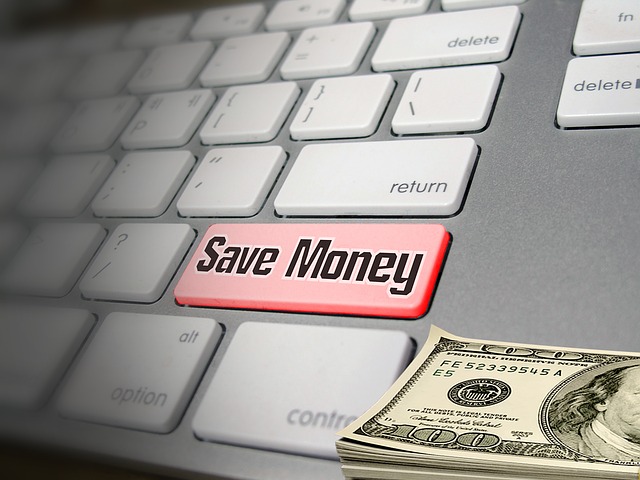Addiction can take its toll on a person’s finances in addition to their physical and mental health. Reasons for this type of debt, reports RehabSpot, are long periods of unemployment, missed payments, and the cost of substances themselves. One gram of methamphetamine, for instance, costs between $60 and $300. A sustained period of substance abuse can certainly lead to the accrual of debt. If you are in recovery, don’t let debt get you down. There are many ways to pay off debts, improve your credit score, and start saving. The following ideas can make managing debt during recovery simpler.
Taking Note of Your Spending
It is important to keep track of what you are spending to ensure you aren’t relying on shopping to lift your mood or self-esteem. There is an array of excellent budgeting apps that can help. These include Mint and PocketGuard. These and other apps connect up to your bank accounts and track and categorize your spending. They are an ideal way to discover the things you are spending too much money on needlessly on a regular basis.
Listing and Prioritizing Debts
Use Excel or any other software that can be helpful in calculating your debts. This list should include the monthly payments you are making and interest rates on all expenses—including loans, mortgages, due bills, and the like. The next step is to prioritize bills. Choose those which have a higher interest rate or prioritize payments depending on urgency or importance. For instance, meeting mortgage payments is of the utmost importance if you don’t want to face eviction.
Writing Off Bad Debts
You may have money owed to you that you have tried to recover to no avail. For your peace of mind, accept that debt won’t be paid in specific instances. Doing so will enable you to represent the real amounts in your current accounts. When writing off bad debts you can either use the ‘direct write-off method’ (adding the debt to your bad debt expense account) or the ‘provision method’ (in which you charge an unpaid invoice to a special allowance account). The second method is generally preferred because it aims to increase the accuracy of your books so you don’t count on receiving more money than you do.
Building Up Your Savings
In order to build up savings, steady employment is vital. When looking for a job, make sure that the position itself and the corporate culture of the companies you are applying to are compatible with your lifestyle. Most rehab centers have job placement programs and they can help put you into contact with companies supporting healthy work environments. Once you are earning a regular salary, try to avoid relying on credit cards, since fees and interest can take a big chunk from your savings. If you need help, see a financial advisor, who can help you prioritize and pay off debts, suggest small investments that can build into large ones over time, and hold you accountable for your spending habits. If you don’t have the budget for a financial advisor, there are two national agencies that offer the aid of accredited advisors. These are the National Foundation for Credit Counseling and the Financial Counseling Association of America.
If you are in debt during recovery, know that there are ways to build back a healthy bank account. Start off by seeking financial advice if possible, so you can prioritize debts and identify ways to make the most of the money you have. Try to start earning money as soon as you are ready, choosing a company that will support you on your path to recovery.


